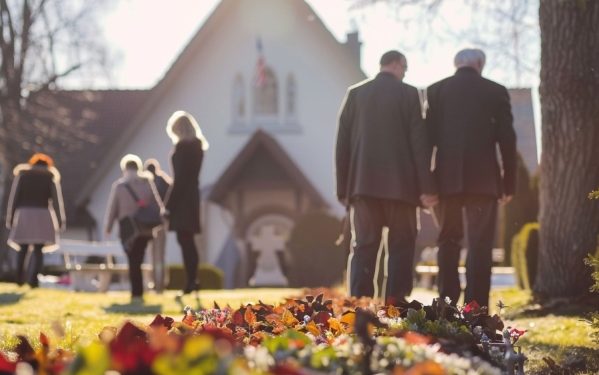Community support systems play crucial roles in helping individuals and families navigate grief and loss. Strong social networks provide both practical assistance and emotional comfort that help bereaved families through difficult transitions while honoring the memory of loved ones.
The Importance of Collective Care
Grief affects entire communities when respected members pass away, creating opportunities for collective healing and mutual support. Neighbors, friends, and community organizations often coordinate practical assistance including meal preparation, childcare, and household management that allow grieving families to focus on emotional healing. Professional funeral service coordination provides structure and guidance during overwhelming times while community support offers ongoing comfort that extends well beyond memorial services.
Faith communities, civic organizations, and workplace groups provide established networks that mobilize quickly to support grieving members. These existing relationships create frameworks for assistance that don’t require grieving families to ask for help or coordinate support efforts. Understanding how to offer meaningful assistance helps community members provide genuine comfort rather than adding stress through well-intentioned but inappropriate gestures.
Building Sustainable Support Systems
Effective community grief support recognizes that healing occurs over extended periods requiring different types of assistance at various stages. Immediate practical support gives way to ongoing emotional availability and remembrance activities that honor deceased community members. Regular check-ins and inclusion in community activities help prevent isolation that can complicate grief recovery.
The most supportive communities combine formal support programs with informal networks that provide multiple options for assistance and connection. Professional counseling resources, support groups, and memorial activities complement personal relationships and community traditions. Quality community support systems create environments where grief is acknowledged and supported rather than avoided, helping bereaved individuals heal while maintaining connections to community life and ongoing relationships that provide comfort and meaning during difficult transitions.














